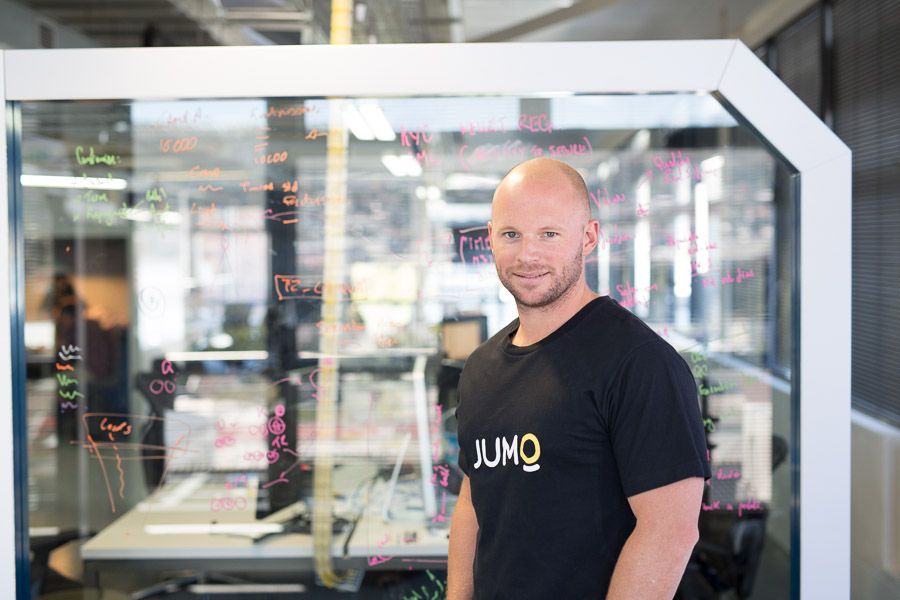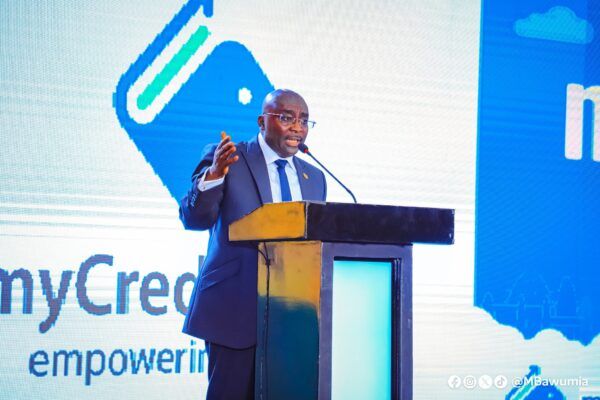Is fintech for SMEs the next big thing in Nigeria? Recent trends suggest that the answer to that question might be yes. In the space of one month, Payhippo, Brass, and Sparkle have all closed a seed round to help improve access to financial services.
JUMO, a startup that uses AI to power financial services, is adding to the list of startups tackling the problem as it plans to expand into Nigeria following the close of a $120 million seed round at a $400 million valuation.
The round was led by Fidelity Management & Research Company which is coming in contact with Africa's tech space for the first time. The round also witnessed the participation of giant fintechs like visa and Kingsway capital- a London based investment company.
“It’s exciting to be part of the wave of US capital being invested in payments and fintech on the continent – there are some great businesses being built and we are proud to play a role supporting capital providers to reach customers with great products.” Watkins-Ball JUMO CEO
In terms of funding for the South African-based startup, it has accumulated over $200 million since its launch in 2015. JUMO plans to expand into Nigeria and Cameroon with its latest arsenal.
Why is this important? JUMO has an edge.
JUMO is coming into a space where there is currently no established market leader. The startup can quickly occupy this spot given its experience in this space, capital base, and operational cost.
Speaking of experience, Jumo has a presence in 6 African markets — Ghana, Tanzania, Kenya, Uganda, Zambia and Ivory Coast — and South Asian country Pakistan.
JUMO's number stack up nicely. The startup has served loans worth over $3.5 billion to more than 18 million customers across these markets, granting up to 120 million individual loans.
In terms of operational cost, JUMO claims it has lowered its cost to $1/customer per year.
What next
Asides from the expansion into Nigeria and Cameroon, JUMO says it will use the investment to improve and increase the number of financial products it offers to small and medium businesses. It also plans to provide longer-term lending options for merchants and bigger businesses.
Sub Saharan Africa in focus
GDP: $1.686 trillion in 2020 compared to $1.77 trillion in 2019
Population: 1.136 billion in 2020 compared to 1.107 billion in 2019
GDP per capita: $1,483 in 2020 compared to $1,559 in 2019










